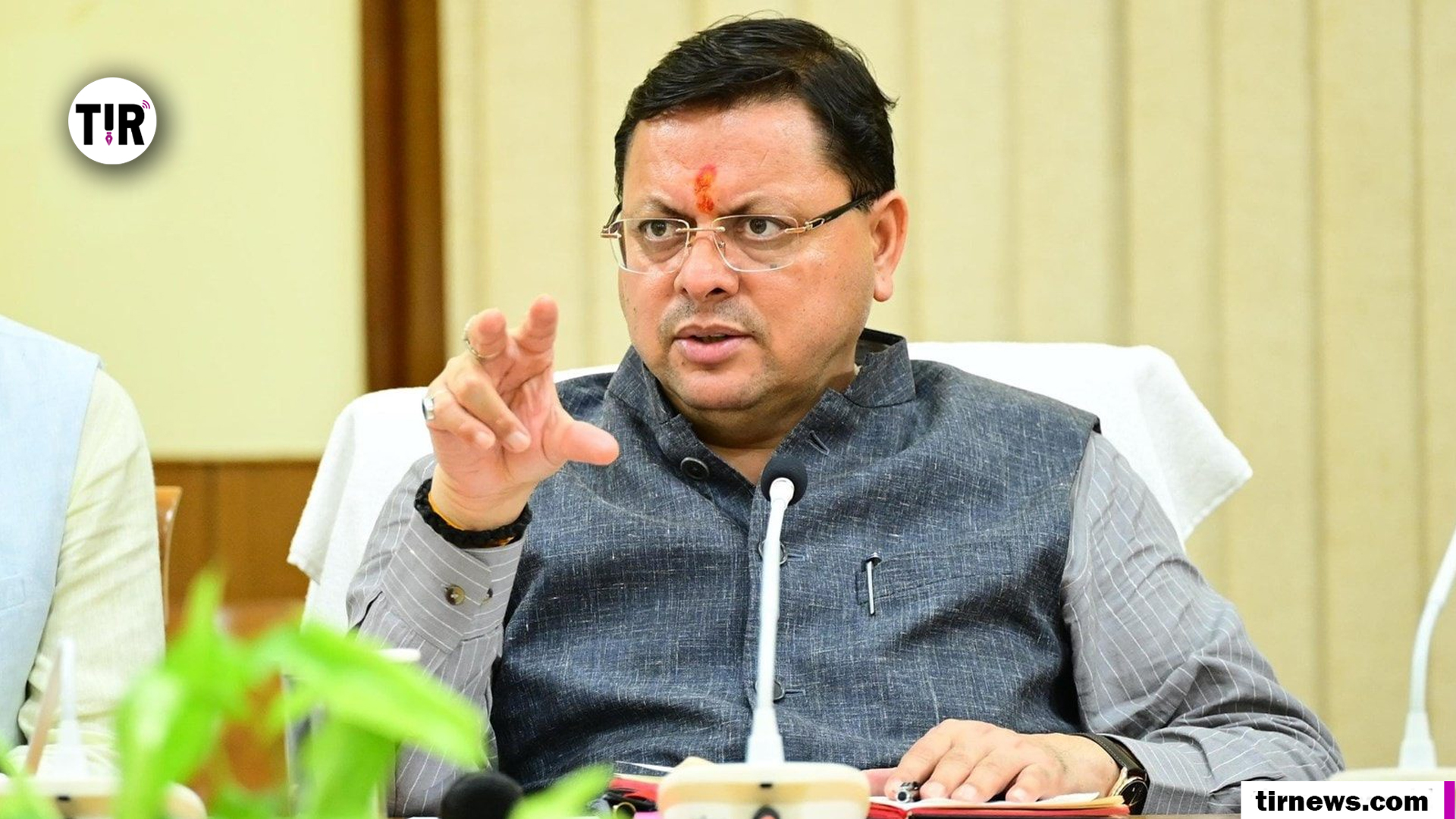A young Muslim man from Assam, Shamim Barbhuiya, recounted a disturbing job experience at the Bihara Railway Station yard in Silchar. After applying for a mechanical engineer role via Indeed and clearing recruitment stages with a monthly offer of ₹18,000, he was asked about his religion during onboarding. Upon revealing he was Muslim, HR abruptly told him there were “no vacancies”—effectively turning him away on religious grounds (The Siasat Daily).
Barbhuiya expressed his anguish:
“As a job seeker, I always believed opportunities are based on merit and hard work. But being judged on religion instead of capability made me realise that bias is still a barrier for many deserving candidates.”
He criticized the discriminatory conduct as not only unethical, but “against the very principles of equal opportunity in employment guaranteed by our Constitution,” calling on companies and hiring platforms like Indeed to uphold transparency and diversity (The Siasat Daily).
Context & Broader Significance
- Alarming Trend: This incident isn’t isolated. In July, Kashmiri nursing students in Bengaluru were reportedly barred from class for wearing hijabs, and a professor in Kolkata resigned citing harassment over similar religious grounds (The Siasat Daily).
- Declining Workforce Participation: Government data reflects a steep drop in Muslim workforce participation—from 22.1% in 2018–19 to just 15.3% in 2022–23—indicating systemic underrepresentation that goes beyond individual cases (The Siasat Daily).



